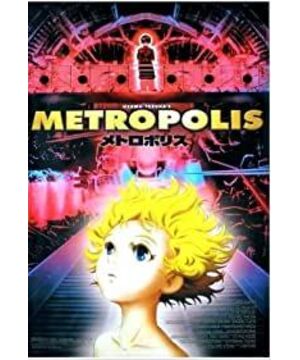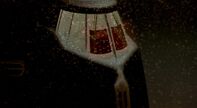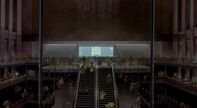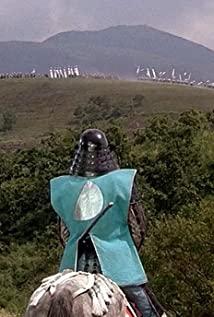This movie obviously has too many homages to Fritz Lang's 1927 Metropolis, or rather, this movie is a tribute to Fritz Lang's version of the Metropolis.
I can't deny that 1927's Metropolis has a prominent place in the realm of cinema, but this movie might also have a place in cinematic history.
Metropolis can't speak from beginning to end. It is the place where the Duke of Red and a group of upper classes live. It is the tower of Babel in ancient mythology or the tower of Babel destroyed by the gods. It has become the place of power, desire, The center and symbol of control, etc., also represents a totalitarian nature of social liberalism.
I don't think Metropolis is fascist, or rather, there are two aspects, one is that he is fascist with a pair of robots, and the other is that it aspires to be fascist after Tima takes power, and at the beginning of the film, the detective and the From Kenichi's dialogue, we can learn that the Metropolis still wants to use international terms and is under the constraints of the international community.
In Metropolis, there are two threads intertwined, each with two classes.
The bright line is the upper class society represented by Duke Red and the lower class in the sewer world, and the dark line is the robot society and human society dominated by Tima.
There is a problem here, probably to highlight the contradiction in the film, the author does not understand that the poor will overthrow the rule and oppression of the upper class.
The society of the future belongs to the upper classes.
Their revolution has been seen clearly by the Duke of Red, or it has failed.
In the open line, robots run through two classes, and these two classes consider robots as tools and playthings for them to achieve domination, and the other is hostile to robots, but both believe that robots are objects of human enslavement. This difference makes the robot a power that is given to the upper class and that is not easy or impossible for the lower class to break.
As a robot, Tima was originally regarded by the upper class as wishing to produce a fascist-like stick to rule the people, but here Tima has become a 'conscious' robot (I don't know if it should be identified as artificial intelligence here Or a more advanced creature), a robot, and a human, and became the superhuman in her mouth.
After she took power, she also gave the robot what she thought was "consciousness", and the enslaved class began to rebel against humans, just like Asimov's "Three Laws of Robotics", here, the dark line begins to unfold.
But actually I don't like the ending, it's not very perfect, it's like the ending of all popular novels and classic movies.
It ends the story with love, but does love really matter that much? You tell a person who is in power to the extreme and is already crazy, will he really listen?
It's nothing more than a fool's dream.
If there is such a day, can love change everything?
At the end, "Who am I" seems to be the author's remedy for the ending, maybe he wants to get us thinking again.
Can a robot become a human?
Are they just objects of human enslavement?
When they have human consciousness, will they see the difference between the two?
What will they do?
I might have foreseen that after the defeat of Duke Red, the people would launch an uprising and revolution, but they may still follow Red's old path. Robots have once again become slaves, and the peaceful coexistence of humans and robots will only exist in novels.
This movie is like a prophecy for a dystopian world like Brave New World, but I hope it never comes true.
But the future is in sight, and the world will come sooner or later.
All I can wait is the hope that the world will be destroyed.
View more about Metropolis reviews











